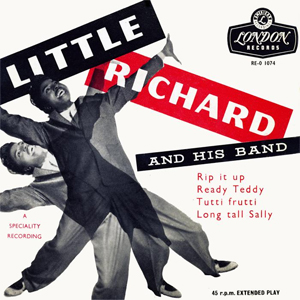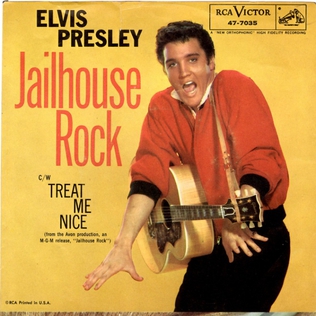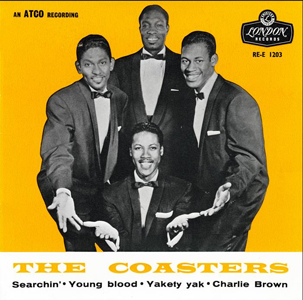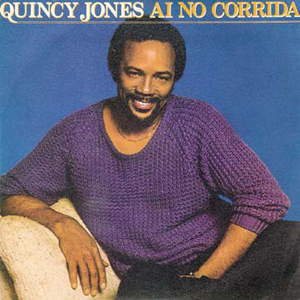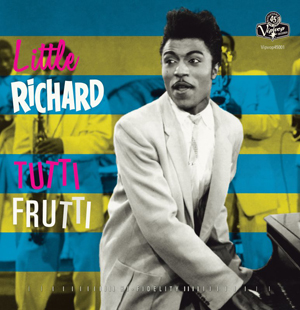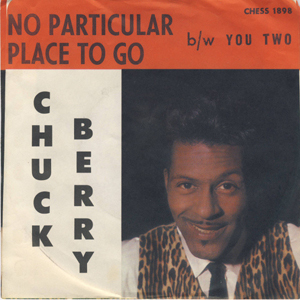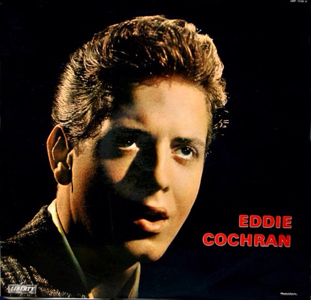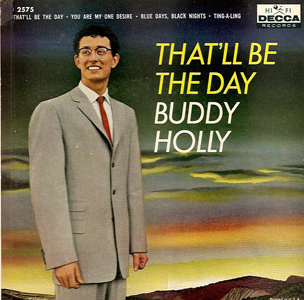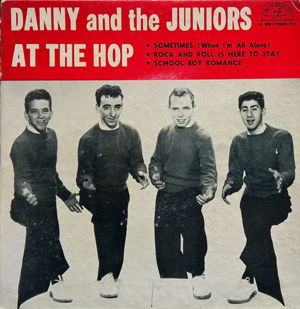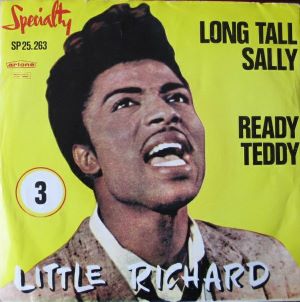Few artists have shaped the trajectory of rock ‘n’ roll like Little Richard. With his uncontainable energy, dynamic stage presence, and explosive voice, Richard Penniman burst onto the music scene in the mid-1950s, helping to define a genre that would captivate the world. Songs like “Tutti Frutti,” “Long Tall Sally,” and “Good Golly, Miss Molly” weren’t just hits—they were seismic shifts in popular music, blending gospel, rhythm and blues, and raw power into a thrilling new sound.
Little Richard’s music was characterized by its infectious rhythms and unrelenting tempo. Tracks like “Rip It Up” and “Ready Teddy” seemed to demand movement, inspiring dancing that matched the music’s frenetic pace. But it wasn’t just about the beat; Richard’s performances were a masterclass in charisma. Songs like “Lucille” and “Jenny Jenny” showcased his ability to inject personality and soul into every note, a talent that elevated him beyond being just a singer to a cultural icon.
His influence extended far beyond the music itself. Little Richard was one of the first artists to break racial barriers in the 1950s, drawing integrated audiences at his live performances. Tracks like “The Girl Can’t Help It” and “She’s Got It” became anthems for an era that was beginning to challenge societal norms. His flamboyant style—pancake makeup, pompadour, and wild outfits—also made him a trailblazer for self-expression, laying groundwork for future performers to embrace individuality unapologetically.
In later years, Little Richard showed his versatility with tracks like “I Don’t Know What You’ve Got, But It’s Got Me,” a soul masterpiece that revealed a more contemplative side. He also ventured into funk with songs like “Freedom Blues,” proving that his artistry could evolve with the times while retaining its essence. Even when covering classics such as “Kansas City” or reinterpreting standards like “By the Light of the Silvery Moon,” Richard’s unmistakable voice and personality made them his own.
Little Richard’s legacy isn’t just in his music—it’s in the spirit of rock ‘n’ roll itself. Artists from The Beatles to Prince have cited him as an inspiration, and his songs remain as electrifying today as when they were first recorded. Tracks like “Bama Lama Bama Loo” and “Greenwood, Mississippi” are reminders of a talent that refused to be contained, an artist who truly knew how to rock. In every wild piano riff and every soulful scream, Little Richard gave the world a taste of freedom, joy, and unbridled creativity.
Follow Tunes Du Jour on Facebook
Follow me on Bluesky
Follow me on Instagram
